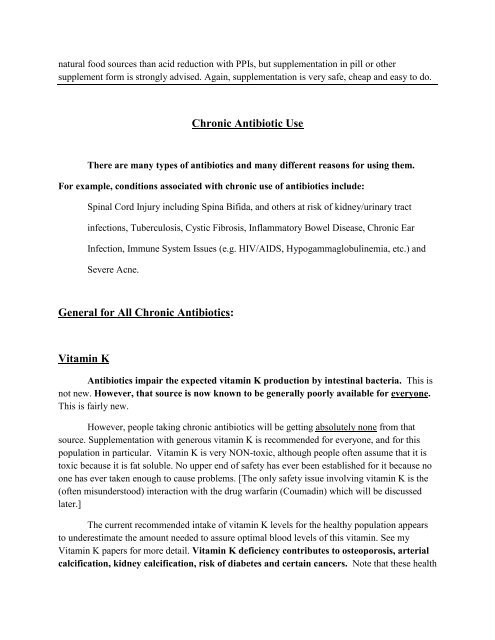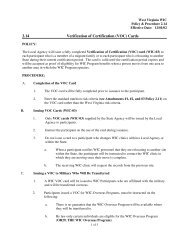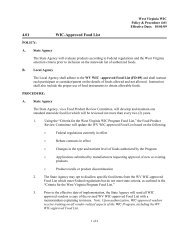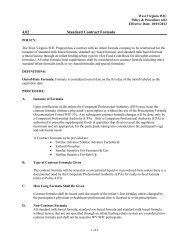SOME Drug / Nutrition Interactions of Interest
SOME Drug / Nutrition Interactions of Interest
SOME Drug / Nutrition Interactions of Interest
You also want an ePaper? Increase the reach of your titles
YUMPU automatically turns print PDFs into web optimized ePapers that Google loves.
natural food sources than acid reduction with PPIs, but supplementation in pill or othersupplement form is strongly advised. Again, supplementation is very safe, cheap and easy to do.Chronic Antibiotic UseThere are many types <strong>of</strong> antibiotics and many different reasons for using them.For example, conditions associated with chronic use <strong>of</strong> antibiotics include:Spinal Cord Injury including Spina Bifida, and others at risk <strong>of</strong> kidney/urinary tractinfections, Tuberculosis, Cystic Fibrosis, Inflammatory Bowel Disease, Chronic EarInfection, Immune System Issues (e.g. HIV/AIDS, Hypogammaglobulinemia, etc.) andSevere Acne.General for All Chronic Antibiotics:Vitamin KAntibiotics impair the expected vitamin K production by intestinal bacteria. This isnot new. However, that source is now known to be generally poorly available for everyone.This is fairly new.However, people taking chronic antibiotics will be getting absolutely none from thatsource. Supplementation with generous vitamin K is recommended for everyone, and for thispopulation in particular. Vitamin K is very NON-toxic, although people <strong>of</strong>ten assume that it istoxic because it is fat soluble. No upper end <strong>of</strong> safety has ever been established for it because noone has ever taken enough to cause problems. [The only safety issue involving vitamin K is the(<strong>of</strong>ten misunderstood) interaction with the drug warfarin (Coumadin) which will be discussedlater.]The current recommended intake <strong>of</strong> vitamin K levels for the healthy population appearsto underestimate the amount needed to assure optimal blood levels <strong>of</strong> this vitamin. See myVitamin K papers for more detail. Vitamin K deficiency contributes to osteoporosis, arterialcalcification, kidney calcification, risk <strong>of</strong> diabetes and certain cancers. Note that these health












